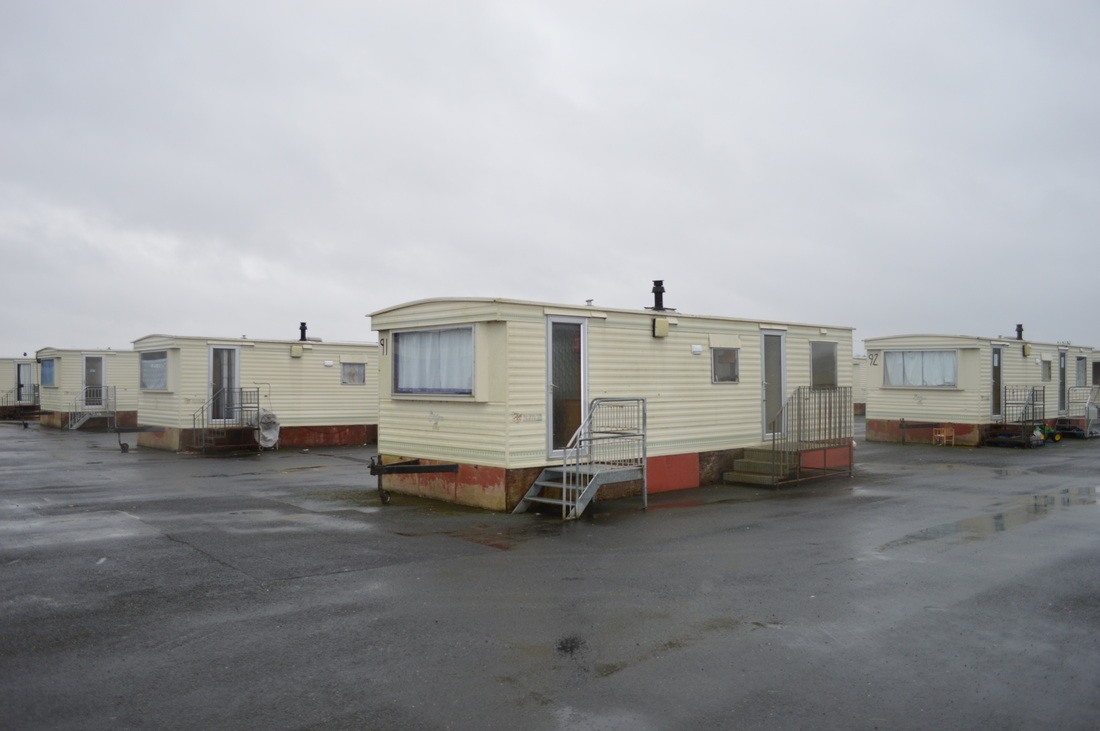Direct provision should, by rights, represent a major political crisis for the government and any institution associated with it. This is a system which even the then Minister of State Aodhán O’Riordáin admitted was “inhumane”. Yet despite admitting that the state is housing people in conditions not fit for human habitation, nothing has been done to bring the barbaric system to an end. It is a human rights disaster; a black mark on the moral standing of the state, the government and those who profit from it. This includes Aramark, the college-appointed food caterer for Westland Eats in the Hamilton building. Aramark are now the subject of a boycott campaign to be launched by a group of Trinity students this coming Wednesday.
There are certainly questions over the efficacy of boycott campaigns. They often come across as moralistic and overly focused on the choices of individual consumers. “There is”, as the internet is coming to realise, “no ethical consumption under capitalism”. Whether students choose to give Westland customs is a matter for themselves. The campaign to end Trinity’s partnership with Aramark does, however, provide an important opportunity to delegitimise the system of direct provision and the practices involved in it.
If students successfully campaigned for the removal of Aramark from campus, it would send a powerful message about the Direct Provision system as a whole. It would make an important statement that the conditions found in Direct Provision centres are utterly intolerable. To profit from the inhumane treatment of asylum seekers and refugees is abhorrent, and Trinity should have no association with companies who do.
Boycotts alone will not end injustice, and we should be under no illusions that our individual choices as consumers can be decisive in shifting the balance of power away from the most powerful in society. Boycotts can, however, shine a light on what governments and corporations try to hide out of sight or normalise. The Dunnes Stores boycott did not end apartheid, but it posed the question of whether Ireland should tolerate doing business with a racist regime. It forced people to pick a side and take a stand.
We too in Ireland have our own barbaric system of segregation, and one that is undoubtedly driven by racism. Those who come to our shores seeking asylum are crowded into completely inadequate conditions, are prevented from working and remain trapped in this cycle for years. Direct Provision was, of course, intended as only a temporary measure. But there has been little to no political will to find a permanent solution for those who are not regarded as “our own”. It is easier for official Ireland to waste years of these people’s lives in conditions they acknowledge to be unfit for collective habitation.
College must consider whether it wants to do business with those who profit from a system that is racist and inhumane to its core. It is unsurprising in an education sector that is becoming increasingly commodified that political and moral principles give way for commercial interests. Students can still, however, make a clear statement about what kind of university they want. Is it one that forges a reputation for compassion and solidarity with oppressed peoples, or one who simply take the cash wherever they can find it?






